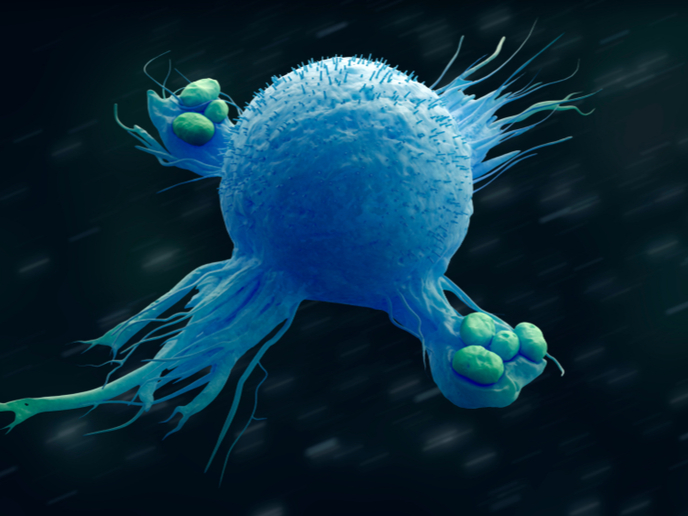Pre-clinical study success for hearing loss
Hearing depends on the integrity of the sensory epithelia in the auditory portion of the inner ear. Hearing loss occurs when the sensory hair cells (HCs) die and/or the spiral ganglion neurons (SGNs) degenerate. Consequently, new drugs that display protective and/or regenerative properties on HCs and/or SGN have a high potential in therapeutic applications for hearing loss. Coordinated through the AFFICHEM company, the EU-funded project AFHELO(opens in new window) (Preclinical proof of concept of AF243 potency to prevent and/or treat sensorineural hearing loss) has evaluated the potency of AF243, a strong inducer of cell differentiation. The team focused on finalisation of the preclinical study by evaluating the mechanism of action, efficacy in mice models of noise-induced hearing loss, the absorption, the metabolism and the excretion of the drug, as well as its toxicity. Another goal was to obtain a better understanding of how early onset of hearing loss occurs. In vivo studies on mice showed that impairment in insulin-like growth factor 1 (IGF-1) production resulted in higher susceptibility to noise-induced hearing loss, increasing with ageing. Folic acid deficiency resulted in premature hearing loss, showing that poor eating habits can have a deep impact on hearing loss progression. Researchers optimised the chemical synthesis procedure to achieve a water soluble AF243 salt at gram scale. They also identified a nuclear receptor - involved in cholesterol homeostasis, inflammation, neuronal differentiation and neuroprotection - as a pharmacological target of AF243. AF243 induces SGN branching in vitro and protected mice from noise-induced hearing loss in vivo. Interestingly, AF243 display beneficial effect when given orally (a suitable mode of administration for clinic) in mice. The consortium also demonstrated the safety of AF243 at the effective dose. AFHELO aimed to extend the therapeutic applications of AF243 to two major types of hearing loss – noise-induced and age-related. Pre-clinical studies, pharmacology, mechanism of action and safety, support that AF243 is an innovative and promising drug for the prevention and the treatment of hearing loss. Development of a new treatment to prevent hearing loss and/or repair of the damaged otic cells is an exciting and much needed option for patients. Major achievements during AFHELO project will allow, in the near future, the clinical evaluation of AF243 on patients suffering from hearing loss.







